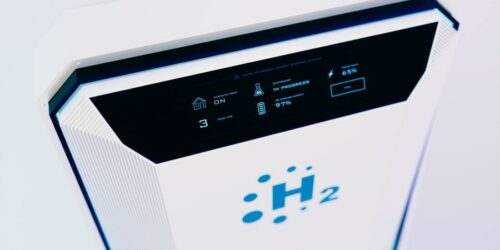Combi Boilers: The Ultimate Guide
- Advice on what combi boilers are and how they work
- Pros, cons and comparison to other heating types
- Typical prices to pay
Short for combination, combi boilers are heralded as a space-saving, energy efficient alternative to other heating systems. Originally manufactured for smaller households, modern versions are more than capable of covering the heating and hot water demands of larger homes. One of the best bits about them is that their boiler service costs are cheaper.
This article will tell you everything you need to know about combi boilers, from how they work to how much they cost. It will also explain how they differ to other types of heating system so you can understand if this option is right for you. Finally, we’ll look into the best combi systems available in 2024.
Interested in a new combi boiler? Use our quote comparison tool to find out how much you’d pay. It only takes a minute.
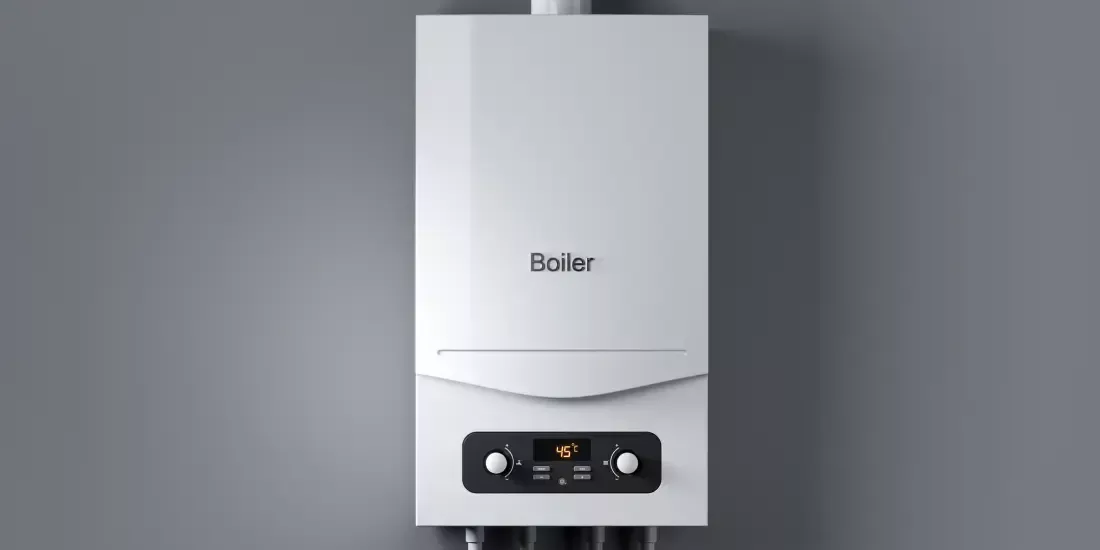
What's On This Page?
Click the links below and head straight to a specific section of the article.
What Is a Combi Boiler?
Traditional boilers would heat central heating and hot water separately. Combi boilers combine both these functions, giving you hot water on demand when you need it. No hot water storage tank or cylinder is necessary, as all water is heated through the mains. These heating systems are available in both gas and electric types.
How Does Combi Boilers Differ to Other Heating Types?
System Boiler
Consisting of a boiler and cylinder, these heating systems run off mains water pressure, giving you both heating and hot water at the same time. They include a pump and expansion vessel, which means they don’t have to have pressure artificially created with the help of gravity.
Heat-only Boiler
Also known as regular boilers, these consist of a boiler, cylinder and cold water storage tank. Because of water storage, they are able to operate heating and hot water simultaneously. The cold water tank is fitted above the boiler, usually in the loft, to allow gravity to provide pressure to the system.
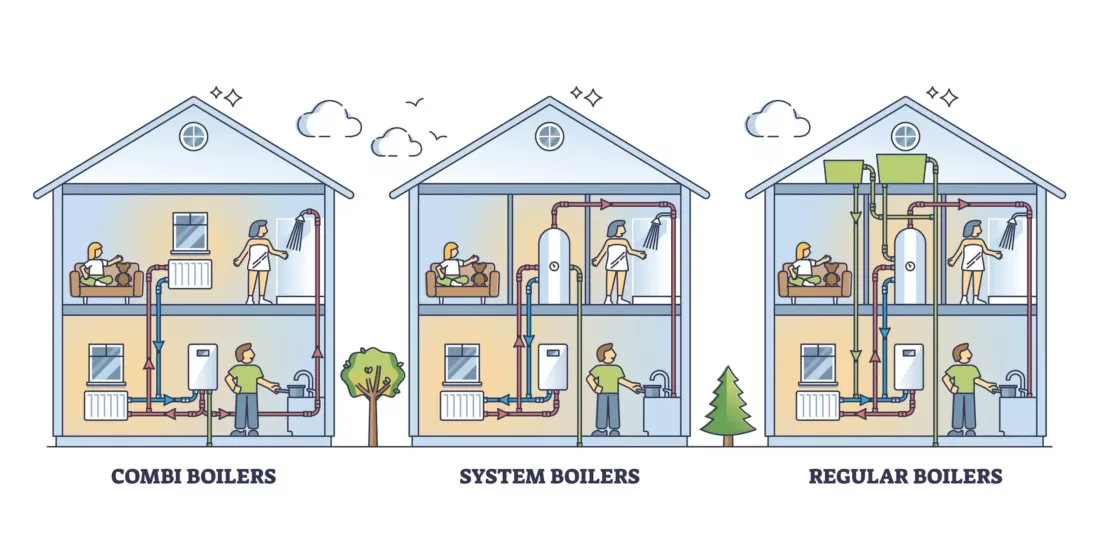
How Does It Work?
Instead of keeping a hot water cylinder or tank topped up and at temperature, a plate heat exchanger rapidly warms water passing through. This saves on space and energy. The heating element in combi boilers is powered either by gas or an electric coil, giving you hot water as soon as it’s called for.
When you turn your hot taps or outlets on, the water demand is registered with the boiler, kicking into action. As the water runs through, it will heat up rapidly, generating hot water. Combi boilers work in bursts when they’re needed, switching off when no heating is called for. Depending on how cold your pipes are, the water outlets can take a short while to heat up.
Central Heating Demand
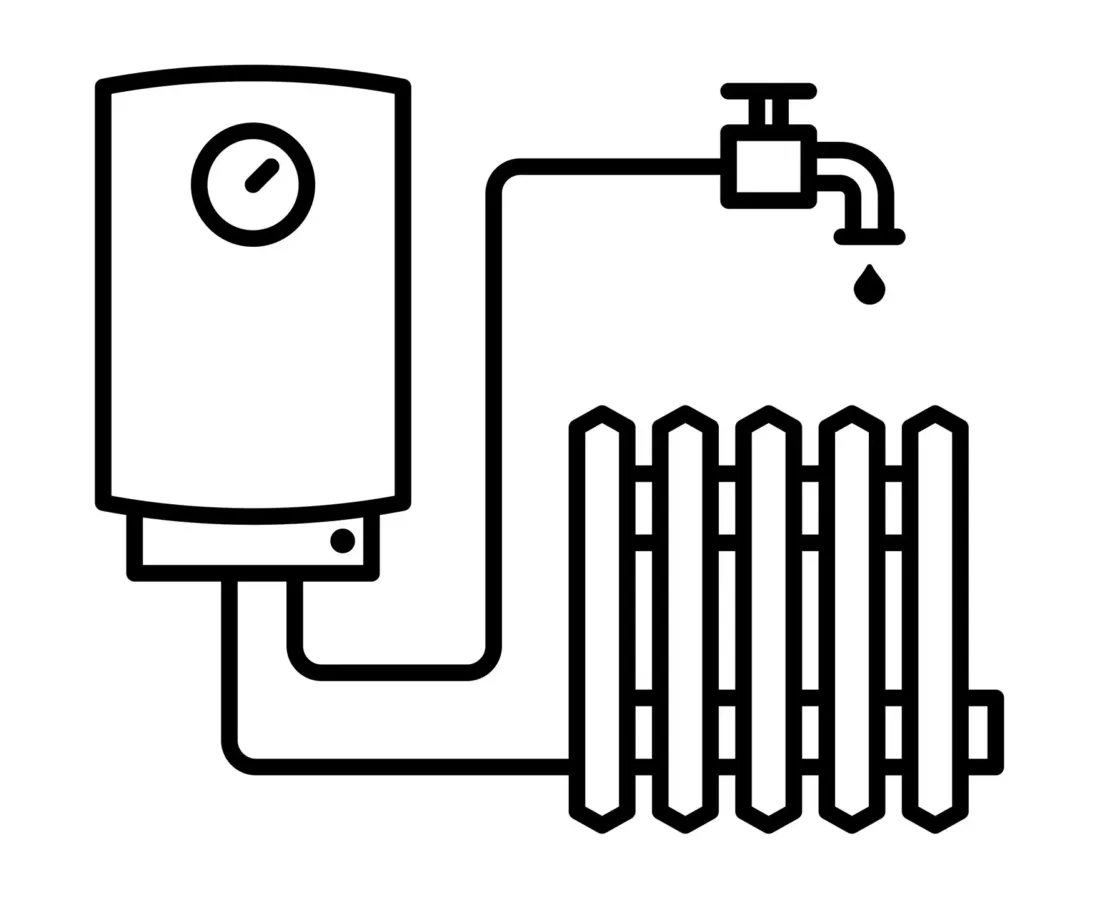
Usually paired with radiators, combi boilers send heated water through the central heating when the programmer calls for it. Heating flows through the pipes and radiators to warm up your home at your desired temperature on the thermostat. Once this has been reached, the boiler then switches off until it gets colder than your settings.
Your radiators will only be heated until either the programmer reaches the cut-off time that’s been set or you call for hot water from taps or outlets. Even though combi boilers are incredibly space-saving, they cannot handle heating demands for hot water and central heating at the same time. All this means is that once your taps have stopped calling for hot water, the central heating will carry on as it was.
Can You Run Underfloor Heating With a Combi Boiler?
You are able to operate a wet underfloor heating system with combi boilers. It isn’t standard practice for a home to run solely on underfloor heating though, so a two-port valve will need to be installed in order for this to happen. This just ensures that your radiators and underfloor heating won’t be operating at the same time, as this can cause your boiler to overheat and overwork itself, causing faults.
While you can operate underfloor heating with a combi boiler, it cannot be done as-is. A wet system will need slight tweaks, but it will be able to handle the lower water pressures and temperatures that are necessary. A dry system won’t need to use the boiler as this runs on electricity.
Installation Process
Able to be fitted much quicker than other heating systems, combi boilers are the cheapest to install. No additional water tanks are necessary, which means less pipework is needed. Electric versions don’t require a gas flue to be fitted either, which saves on labour.
A gas version will be fitted by a Gas Safe registered engineer, who will ensure pipework is safely installed. Using a professional means you benefit from the boiler’s warranty and will be safe from any potential gas leaks.
Condensing Combi Boilers
Since 2005, it’s been a legal requirement for gas boilers to be condensing. The same can be said about oil boilers since 2007. This just means that the boiler captures and reuses some of the expelled heat and exhaust gases to save on heating costs. Gas combi boilers will automatically be condensing.
What Is a Heat Exchanger?
A heat exchanger is a mechanism that passes heat from one form to another without having to mix. Instead of heating up cold water directly by combining it with hot water, heat exchangers are long coiled pipes that are heated externally. Mains water passes through these coils and is then heated up through this process.
Usually, combi boilers have two heat exchangers. The primary one is used for the radiators and the secondary one is for hot water outlets. When the secondary heat exchanger is in use, water is diverted from the primary exchanger.
These heating elements are either made out of aluminium or stainless steel. Models that use aluminium are lightweight and conduct heat really well. They are resistant to corrosion and are smaller than steel. Combi boilers with steel heat exchangers are considered more durable and very resistant to corrosion, often outlasting aluminium models.
Pros and Cons of Combi Boilers
Although you can see potential advantages and disadvantages of each boiler type outlined above, we’re highlighting the attributes of combi boilers below.
Advantages
No cylinder or storage tank
Shorter installation time
Less energy wasted
Heats water only when needed
Less chance of pipes freezing
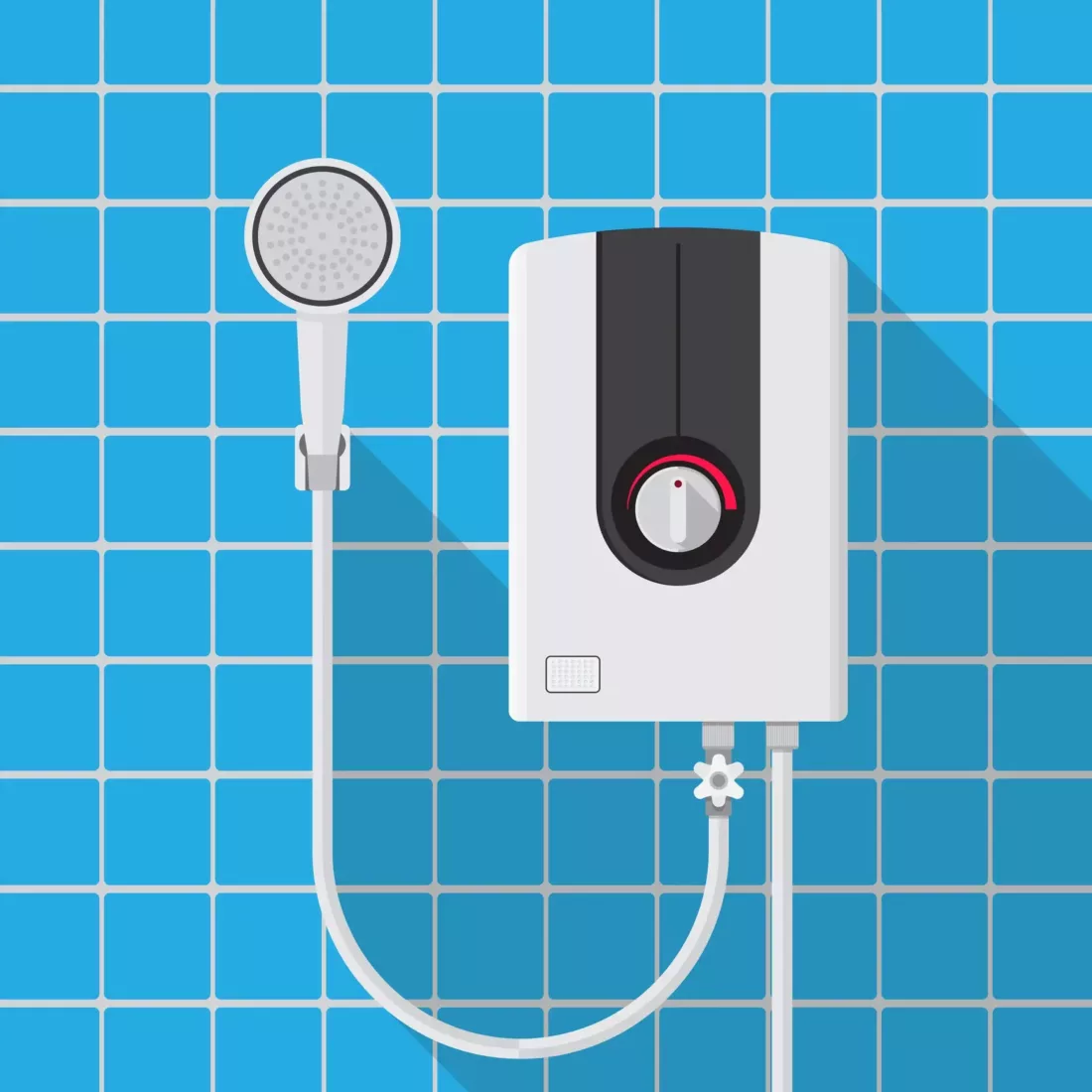
Mostly in relation to space saving, combi boilers have no storage tank or hot water cylinder, which gives you extra room in your home. Additionally, the mains pressure of combis works well with electric showers, so you won’t need an additional pump to handle these or power showers.
A quicker installation, as there are fewer parts and less pipework, means it’s also cheaper. Even if you’re having a combi boiler fitted in a new location, a less intrusive installation makes it a lot less expensive than the other two heating systems.
Finally, as hot water is only generated when necessary, you save energy by not having to constantly keep a tank of hot water at temperature. This has the added benefit of making your pipes less likely to freeze in cold weather, as they’re more or less under constant use.
Disadvantages
Less able to cope with high demand
No immersion heater or back-up supply
Reduced flow rate
Not suitable for low water pressure areas
Renowned for their advantages in smaller households, combi boilers struggle with high hot water demands. This is what makes them less suited to large homes. If multiple bathrooms or hot water outlets are calling for hot water simultaneously, the boiler isn’t going to be able to supply hot water quickly or efficiently enough. This also results in a reduced water flow the more outlets that are running, like taps and showers, at the same time.
A big disadvantage is that there is no back-up should your boiler break down. Other boiler types come with immersion heaters in their hot water cylinders, giving you heated water with no working boiler. Combi boilers don’t have this luxury. Once they need fixing, you’re without hot water or heating until remedied. Accumulator tanks can always be fitted to get around this, costing around £500–£1,000.
Finally, although combi boilers run on mains water pressure, this is not useful for areas that suffer from low water pressure. As a fix, you can install a mains booster to upgrade the pressure in the system.
How Much Combi Boilers Cost
You can pay anything from £600 for a cheap combi boiler to over £1,300 for a middle range model. Installation costs, on the other hand, can be around £300–£500. This means that you can end up paying £900–£1,800 in total for installation of a combi boiler.
Running costs will depend on your heating type and your usage, so it’s difficult to predict what these will be. For a rough indication, a gas combi boiler may cost around £850 a year to run, using around 12,000kWh of energy.
You can see rough costs outlined in the interactive graph below.
The Best Combi Boilers in 2024
When deciding which model is best for you, it can be worth looking at the best combi boilers available in the market from each boiler manufacturer. Based on key factors, such as efficiency, power output, warranty length and price, we’ve listed seven of the best models below.
From the Viessmann Vitodens 200-W, at 98% efficiency, to the Worcester Bosch Greenstar 8000 Style, at 30–50kW output, there are choices here for everyone. Most manufacturers offer a 10-year warranty, giving you peace of mind that your boiler will last.
If you’re interested to see how other boiler types compare, have a look at the best boilers of 2024.
Looking for a new boiler for your home? Use the button below to get personal quotes from local suppliers.
Related articles
View all Boiler articles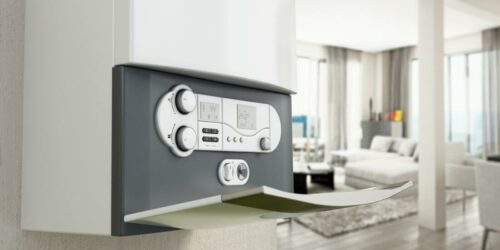
Top Tips When Buying a New Combi Boiler

Save on Heating by Keeping Your Boiler at 60°C

Smart Boiler Installation: All You Need to Know
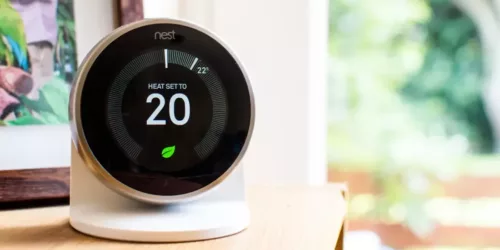
Smart Thermostat Guide: All You Need to Know

Boiler Systems: All You Need to Know About Domestic Boilers
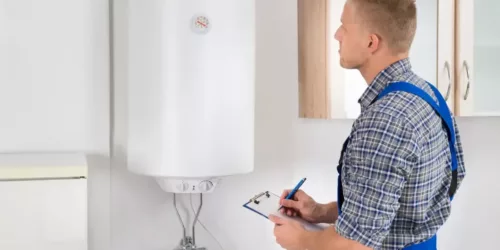
What Size Boiler Do I Need for My Home?
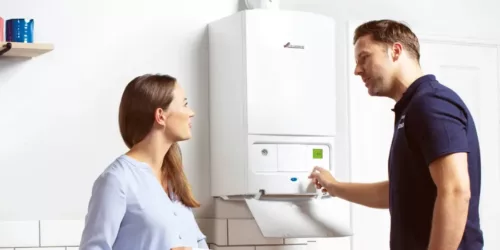
The Complete Guide to Worcester Bosch Boilers
